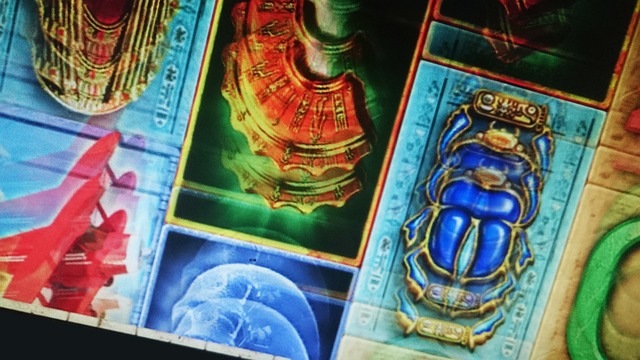Depression is usually classified as a mood disorder that affects how one thinks, feels and acts. It is a mental disorder that affects an individual’s mood and ability to function.
There are different types of depression that includes:
- Clinical depression: Also called major depression disorder (MDD) has severe symptoms that interferes with daily activities. It can last for more than two weeks.
- Dysthymia: Dysthymia is also known as persistent depressive disorder ( PDD). It is possible to experience the symptoms of PDD for two years or even longer. Its symptoms are less mild compared to major depression.
- Bipolar depression: Bipolar disorder is associated with alternating periods of low mood and high energy as known as maniac period. They experience symptoms like hopelessness, sadness and loss of energy during their low period.
- Seasonal Affective Disorder: or seasonal disorder usually starts late fall and early winter and goes away during the spring and summer
Common symptoms of depression

Symptoms of depression generally include:
- Feelings of hopelessness, sadness or worry
- Frequent irritation or frustration
- Problem with concentration
- Suicidal thoughts
- Fatigue
- Changes in appetite or weight
- Physical symptoms like headache, cramps, aches or pain, digestive problems, sexual dysfunction and lots more.
Causes of depression
The causes of depression can vary widely from biological to circumstantial.
- Gene
It is possible to become depressed if you have a family history of depression or other mood disorder.
- Brain chemistry
Imbalance in the production of some brain chemicals can result in depression
- Hormone level
Secretion of hormones like estrogen and progesterone in females during periods like menstrual cycle, postpartum, perimenopause and menopause can put them at risk of depression.
- Trauma
The sudden loss of a loved one, an unpleasant event, stress, and isolation can sometimes cause depression
- Medicals conditions
Medical conditions associated with chronic pain over a prolonged period can likely develop depression
People with conditions like insomnia, stroke, diabetes, heart disease, cancer, and parkinsonism are at risk of depression.
Prevention and treatment of depression

It is hard to understand what causes depression, it is not considered generally easy to prevent for that reason.
Getting enough sleep, healthy diet and self care activities like yoga, meditation, exercise, spa are typically ways to prevent depression
Once you notice any symptoms linked to depression, it is important to seek medical attention. Treatment if depression includes:
- Self care
Adequate sleep, exercise, quality time with loved ones and indulging in stress relieving activities are ways to relieve depression Symptoms.
Activities like sports betting usually relieves stress and induces the feeling of excitement. Focus on finding a good sportsbook with a nice betting option, click on 22Bet Uganda login to explore betting options.
- Medications:
There are drug options like the following listed below that health care professionals can prescribe. Each medication has its benefits and potential risks.
- Selective serotonin reuptake inhibitors (SSRIs)
- Tricyclic and tetracyclic antidepressants
- Serotonin and norepinephrine reuptake inhibitors (SNRIs)
- N-methyl D-aspartate (NMDA) antagonists
- Monoamine oxidase inhibitors (MAOIs)
- Noradrenaline and dopamine reuptake inhibitors (NDRIs)
- Psychotherapy
Counseling with a professional therapist can help you to develop new skills to cope with negative feelings.
Family or group sessions can also be very beneficial. Some need brief therapy while others can require long term therapy.
